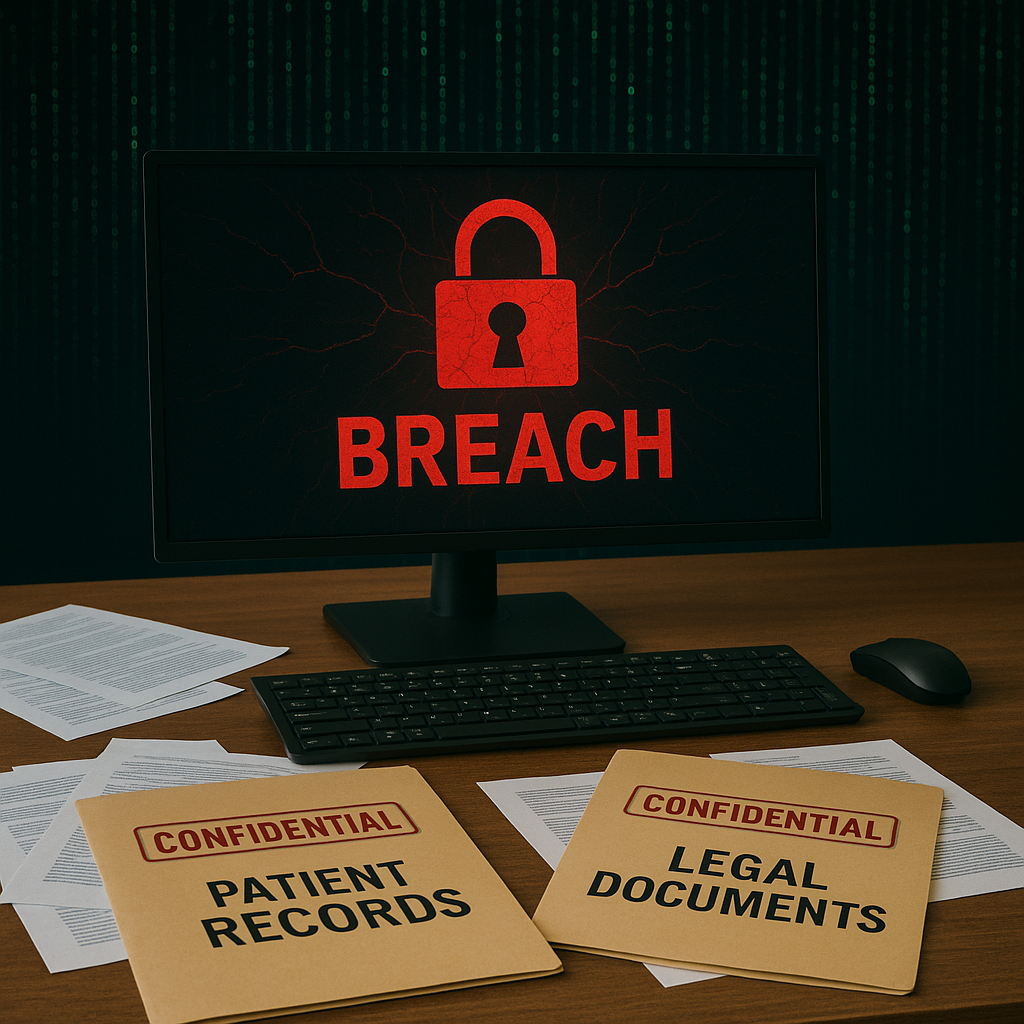Ensuring Data Security in IT Asset Disposal
The disposal of old IT equipment is as critical as the implementation of new technologies.
Wait, what?
It’s true! Particularly when it comes to the secure erasure of sensitive data, proper IT disposal is essential. As organizations routinely upgrade their systems, the need for secure disposal practices is necessary to prevent data breaches and maintain compliance with data protection regulations. Read on for other specifics and how to upgrade your asset disposal sooner rather than later.
The Crucial Need for Secure Data Erasure
Data contained on IT assets can range from confidential corporate strategies and financial information to personal details about customers and employees. If not managed correctly, disposing of these assets can lead to serious issues like data breaches, compromising privacy, and causing significant financial and reputational damage. This is why secure data erasure isn’t just a procedural step; it’s a critical part of managing organizational risks.
Compliance with NIST 800-88 Guidelines
The NIST 800-88 guidelines offer a comprehensive framework for media sanitization, providing detailed instructions on how to securely erase data from electronic media. Adhering to these standards ensures that all residual data is unrecoverable, thereby safeguarding the information against unauthorized access post-disposal. No need to worry about hackers!
Certification of Data Destruction
An essential component of the IT asset disposal process is obtaining a certification of data destruction. This certificate verifies that all data on decommissioned assets has been destroyed in compliance with NIST 800-88 standards. It serves as a crucial record for businesses, proving that they have taken the necessary steps to protect sensitive information and are in compliance with legal and regulatory requirements.
Why Secure Data Erasure Matters
Implementing strict data destruction protocols according to NIST standards doesn’t just prevent data breaches; it also boosts your organization's credibility and trustworthiness. It reassures stakeholders, including customers, employees, and partners, that your organization takes data security seriously and adheres to the best practices in all its operations.
By adhering to NIST 800-88 guidelines for data erasure, organizations can mitigate risks, fulfill regulatory obligations, and reinforce their commitment to data security. This approach not only safeguards the organization but also contributes to the broader goal of maintaining trust and integrity in the digital economy.
Are you ready to ensure your organization's data is protected even after your IT assets have reached the end of their lifecycle? Contact us today to learn more about our secure IT asset disposal services that adhere to NIST 800-88 standards.













